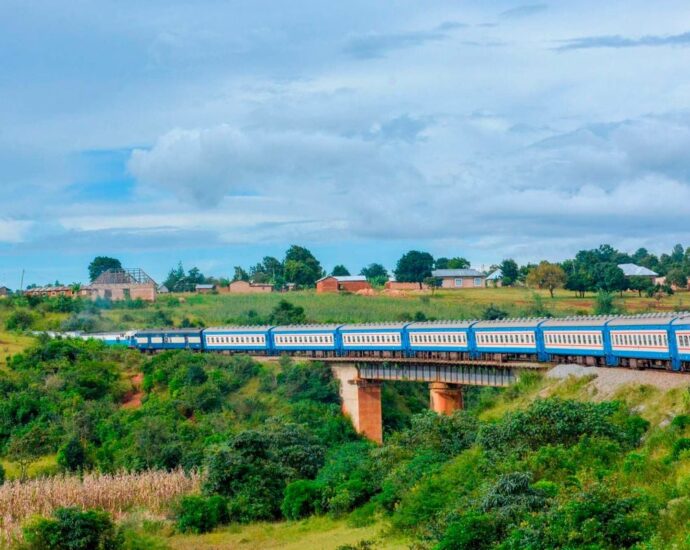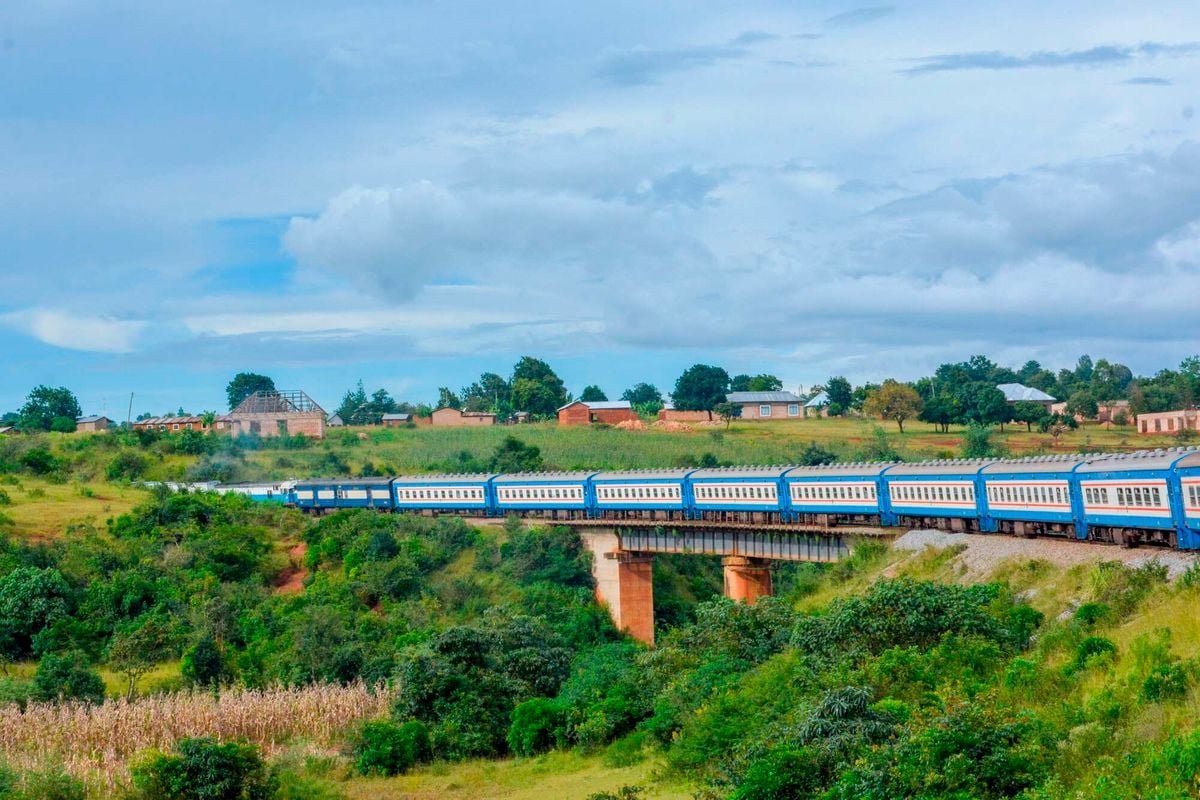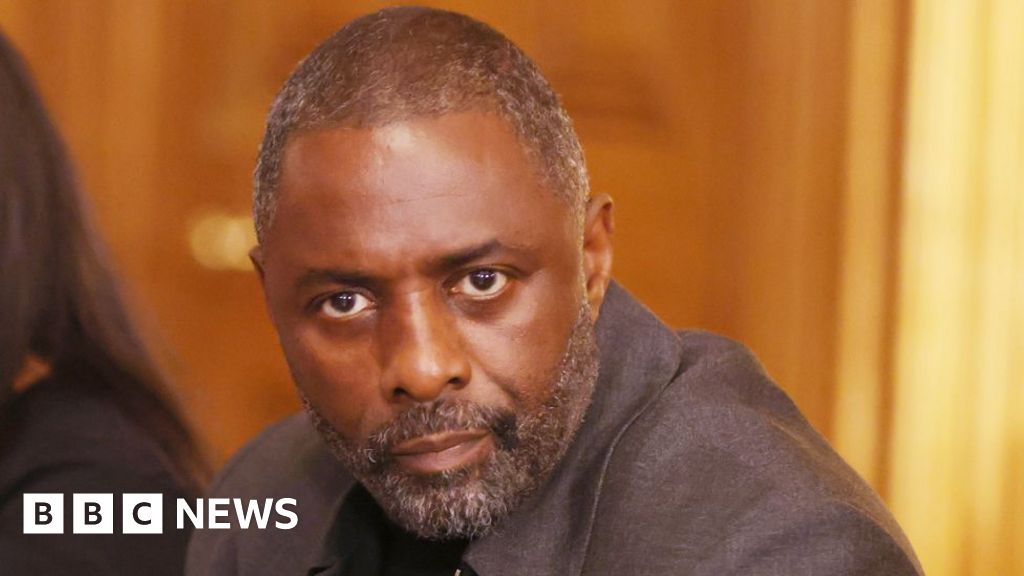Tanzanian Students Drive Climate Action Through Tree Planting
The act of planting trees offers more than shade and fruit. It symbolizes a deeper mission–restoring soil, preserving water, and, for these students, living in Tanzania’s northern Rorya district, delivering a form of climate justice. The reforestation efforts are in step with Tanzania’s broader plans to fortify its agriculture and water systems against the advancing climate crisis.
MUSOMA, Tanzania, Oct 30 2024 (IPS) – At Gabimori primary school, located at Nyamagaro ward in Tanzania’s northern Rorya district, a 15-year-old Florence Sadiki kneels among polyethylene bags, carefully examining the seedlings she and her classmates have nurtured from tiny sprouts “We’ve planted many trees to make our school look better and to help fight climate change,” she says.
Sadiki is part of an inspiring grassroots movement in the east African country where students, teachers, and community members team up to fight environmental degradation through reforestation. In Rorya district, nestled on the shores of Lake Victoria, rampant deforestation driven by charcoal production has left the land barren. But the efforts of school environmental clubs, supported by the Lake Community Program (LACOP), are working to repair the damage.
The reality in Rorya is grim. Erratic rainfall and prolonged droughts have changed swathes of once-fertile land into dry savannas, a trend that has only accelerated since the initiative began in 2022. Spearheaded by the global charity World Neighbors and the Lake Community Development Foundation (LACODEFO), this initiative empowers students to plant trees and learn the entire process of growing them.
“We’re teaching students to set up their own nurseries,” says Idrisa Lema, the project officer. “It’s not enough to hand out seedlings. They need to learn the whole process–choosing drought-resistant species, improving soil with organic manure, and using techniques like mulching.” This holistic approach promotes sustainability and equips students with transferable skills that can help them for the rest of their lives.
In the past two years, the students have successfully planted 2,800 trees across five villages, a remarkable achievement that has already begun to bear fruit. Some once-dry water springs are starting to flow again. Yet challenges remain, particularly in Nyamagaro and neighboring Kyangasaga villages, where erratic rainfall and drought continue to hinder progress.
“Watering the trees is tough,” admits Alex Lwitiko, an environmental teacher at Rorya Girls’ School. “We’ve had to be strict with the students–otherwise, the trees wouldn’t survive.”
To adapt, students have switched to innovative solutions like bottle irrigation and even drilled water wells to support their young trees. “We focus on drought-resistant species and organic farming methods to give the trees the best chance,” Lwitiko says, emphasizing the program’s commitment to teaching sustainability.
Sadiki herself has learned to adapt. “I know how to graft trees and grow them in tough conditions now,” she says. “These trees are our future. They fight climate change, provide shade, and even improve soil fertility.”
In Tanzania, the impact of climate change is becoming increasingly severe. The country aims to reduce greenhouse gas emissions by 30 to 35 percent by 2030, a goal outlined in its Nationally Determined Contributions (NDCs). Despite its low carbon footprint–just 0.22 tons per capita compared to the global average of 7.58–Tanzania is reeling from climate-related disasters. Droughts, floods, and erratic weather patterns disrupt agriculture, drying up water sources and threatening economic stability.
For the rural poor, especially those who rely on farming–the backbone of the economy, making up 28 percent of GDP–the stakes are higher. But in places like Nyagisya and Rorya Girls Secondary Schools, students have taken up the fight. Through tree planting, they have become unlikely climate crusaders, tackling environmental degradation while improving food security and boosting local livelihoods.
The act of planting trees offers more than shade and fruit. It symbolizes a deeper mission–restoring soil, preserving water, and, for these students, delivering a form of climate justice. The reforestation efforts are in step with Tanzania’s broader plans to fortify its agriculture and water systems against the advancing climate crisis.
As these student-led initiatives flourish, they mirror Tanzania’s urgent call for global support. With limited resources, the country is striving to fulfill its commitments yet it recognizes that the battle against climate change is a collective endeavor that requires unity on a global scale.
Despite the promising efforts in Tanzania, significant challenges remain. One of the main hurdles is the unpredictability of funding. Tree-planting initiatives and climate adaptation programs require sustained financial support, but resources are often limited, local analysts say.
Without consistent funding, scaling up projects and maintaining long-term impact becomes difficult.
While students have embraced environmental stewardship, not all local households are on board. In some areas, livestock continues to graze on young saplings, undoing the hard work of reforestation. Additionally, cultural and economic pressures, such as the reliance on charcoal for income and firewood for cooking, contribute to ongoing deforestation, making conservation efforts harder.
Erratic rainfall and worsening drought conditions present another barrier. Water scarcity makes it harder to nurture newly planted trees, despite innovative solutions. These conditions also strain local agriculture, which many families depend on, increasing the urgency of balancing conservation with survival needs.
While Tanzania has ambitious climate goals, the gap between policy and practical implementation remains wide, particularly in rural areas where the effects of climate change are felt most acutely.
At Gabimori Primary School, students have embraced their role as environmental stewards. “They’ve seen how conservation affects their daily lives,” says teacher Witinga Mattambo. “They now understand the link between the trees and the food they eat.”
The impact is vivid for students like Sadiki. “I never realized trees were this important,” she says. “They bring rain and improve our environment.”
For Lema, this is only the beginning. By fostering leadership skills and engaging the broader community, the program is building a new generation of Tanzanians dedicated to environmental protection. “We’ve even seen parents get involved,” Lwitiko says. “They’re starting to plant trees in their own yards.”
Still, the program faces hurdles. Some households allow their livestock to graze on young saplings, undoing the hard work of the students. “It’s frustrating,” admits Lwitiko, “but we’re making progress, step by step.”
Lema has ambitious plans to expand the initiative.
“We’re training students to pass on their knowledge,” he says. “As they move on, they’ll teach younger students, and we’ll spread this effort to other schools.” But scaling the program will require more funding.
“We’re working on securing more resources and partnering with local governments to enforce tree-planting bylaws,” Lema explains. There are also plans to set up household tree nurseries, allowing families to earn extra income while contributing to conservation.
For Sadiki, the program’s impact is lasting.
“We have the duty to plant trees and protect our environment. It’s something we’ll carry with us for the rest of our lives.”
IPS UN Bureau Report
Source: allafrica.com





















